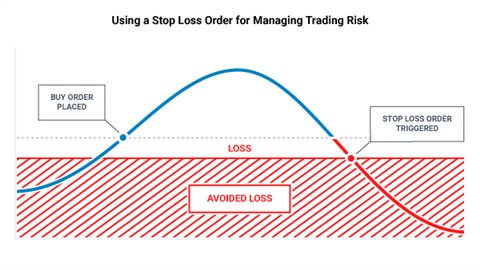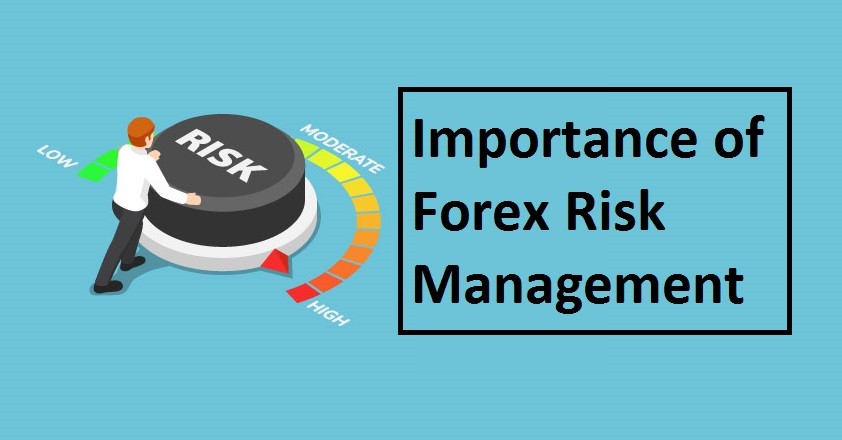Introduction:

Image: www.dailyfx.com
As Indian businesses venture into the international market, they face the inevitable complexities of foreign exchange (forex) trading. Forex risk management emerges as a crucial component of their global expansion strategy, ensuring business sustainability and resilience amidst volatile currency markets. This comprehensive guide delves into the intricacies of forex risk management, providing Indian businesses with an actionable framework to navigate these financial uncertainties.
Forex Risk: A Constant Companion in Global Trade
Forex risk stems from fluctuations in exchange rates, which can significantly impact the profitability and cash flow of Indian businesses operating in different currencies. Currency depreciation can erode export earnings, inflate import costs, and hinder investment returns. Conversely, currency appreciation can boost export profits but make imports more expensive. Understanding and mitigating these risks is paramount for Indian businesses seeking to maintain financial stability and achieve their global goals.
Core Principles of Forex Risk Management
Effective forex risk management comprises a systematic approach involving several key principles:
- Identification: Recognizing and prioritizing potential forex risks associated with various business activities.
- Assessment: Quantifying the magnitude and likelihood of currency fluctuations using market data and analytics.
- Mitigation: Implementing strategies to reduce exposure to these risks, such as hedging, diversification, or natural hedging.
- Monitoring: Constantly tracking market conditions, assessing the effectiveness of mitigation measures, and adapting strategies as needed.
Risk Mitigation Strategies for Indian Businesses
To mitigate forex risks, Indian businesses can employ an array of strategies tailored to their specific needs:
- Hedging: Using financial instruments like forward contracts or options to lock in future exchange rates and protect cash flows.
- Diversification: Expanding business operations into different currency zones to reduce reliance on any single currency.
- Natural Hedging: Taking on liabilities or revenues in a foreign currency to offset the risk associated with assets or expenses in the same currency.
Benefits of Implementing Forex Risk Management
Proactively implementing forex risk management strategies brings numerous advantages to Indian businesses:
- Improved Financial Stability: Mitigating volatility and ensuring predictable cash flows.
- Enhanced Profitability: Protecting profit margins from exchange rate fluctuations.
- Increased Competitiveness: Offering competitive prices and maintaining profitability in global markets.
- Reduced Uncertainty: Creating clarity and confidence in decision-making amidst currency fluctuations.
Conclusion:
Forex risk management is an indispensable tool for Indian businesses seeking to thrive in the global marketplace. By identifying, assessing, mitigating, and monitoring forex risks, businesses can minimize financial instability, enhance profitability, and achieve sustained growth. Embracing a proactive approach to forex risk management provides a solid foundation for Indian businesses to navigate the complex world of currency markets and conquer new frontiers in global trade.

Image: theforexscalpers.com
Forex Risk Management And Indian Business






